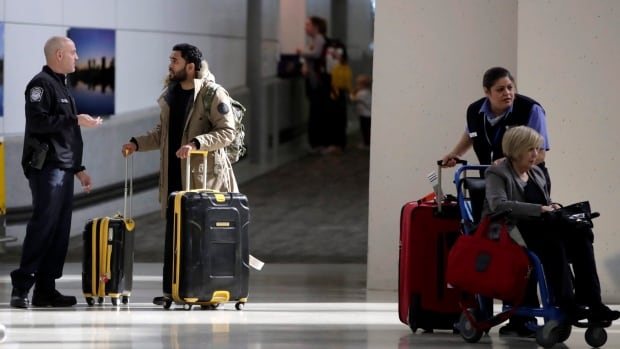EDMONTON – Premier Danielle Smith says if Ottawa comes back this fall with a lowball estimate on Alberta’s share of the Canada Pension Plan, hard questions will have to be asked on next steps.
“When we get that number, we’ll have to decide if they’re being unrealistic and unreasonable about it,” Smith told Shaun Newman on a Thursday podcast.
Smith told Newman a low number changes everything.
“If it’s equal (to) per capita, then that means I’d have to tell Albertans it’s about $93 billion that would be transferred,” Smith told Newman.
“(At that number) we wouldn’t be able to reduce your premiums, and we wouldn’t be able to increase your benefits.
“Is it still worth it?” she asked rhetorically. “Is the juice worth the squeeze?”
Alberta estimates it deserves more than half of the national retirement plan, about $334 billion, while the CPP Investment Board has pegged it closer to Alberta’s share of contributions, at about $100 billion.
Canada’s chief actuary is scheduled to review the entire issue and deliver her estimate sometime this fall. Federal Finance Minister Chrystia Freeland’s office said Wednesday that no specific date has been announced.
The pension plan issue took off after Smith’s government won last spring’s general election.
Her government has argued Albertans are getting a raw deal under the national retirement plan, which includes all provinces except for Quebec.
The province launched the pension pitch to great fanfare last fall, with a panel conducting telephone town halls to gauge support for Alberta going it alone on pensions.
The public push was put on hold late last year as Smith said Albertans want an agreed upon estimate on what Alberta would be entitled to before deciding whether to press ahead.
While the public campaign has been put on the back burner, it continues to boil and bubble among some supporters of Smith’s United Conservative Party.
At a UCP members-only town hall in late July, Smith found herself defending the delay, and a government marketing push that failed to bring more Albertans on board with the idea.
Smith said she believes critics were able to throw cold water on the idea because of the eye-popping $334-billion number.
“Everybody looked at this and said, ‘Is that for real? Could Alberta really be overpaying that much?’ And the answer is yes, we do overpay that much on every single federal program,” she said.
“We have to get the certainty from the federal government that that is going to be the asset transfer,” she said.
Smith has said about a third of voters love the idea, a third hate it, and a third are open to being swayed.
“I promise you, if we get those numbers in the fall, we will go back out again, and we will hear from Albertans about whether they want a referendum,” said Smith.
A bill her government passed last year compels a referendum be held before the province can pull out of the CPP. It also says the government has the option, once it calls the plebiscite, to decide whether it will be legally bound to act on the result.
Smith has argued the province’s strong financial position and young workforce would deliver better benefits to a separate pension plan than staying in the CPP.
The government’s own Fair Deal panel found in 2020 that only 42 per cent of those polled thought an Alberta pension plan could improve the province’s place in the federation.
This report by The Canadian Press was first published Sept. 12, 2024.
